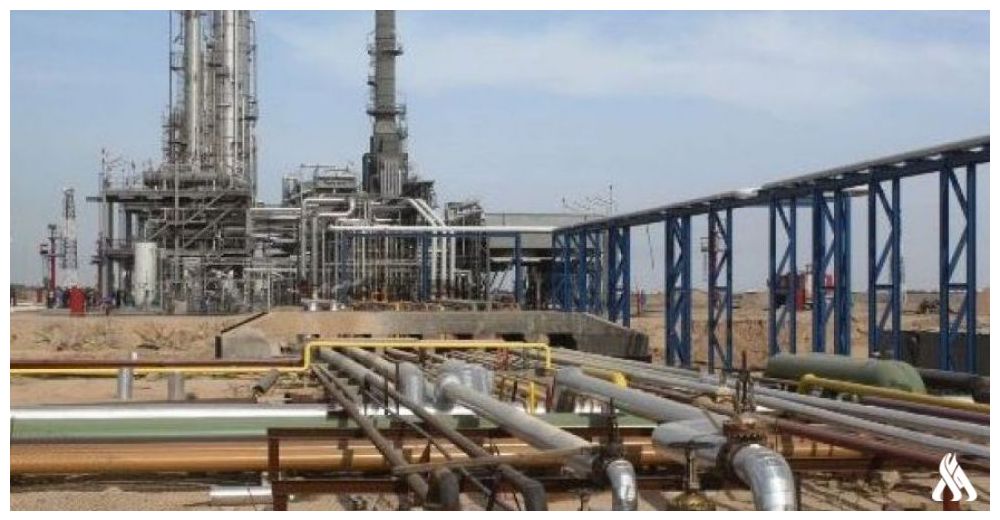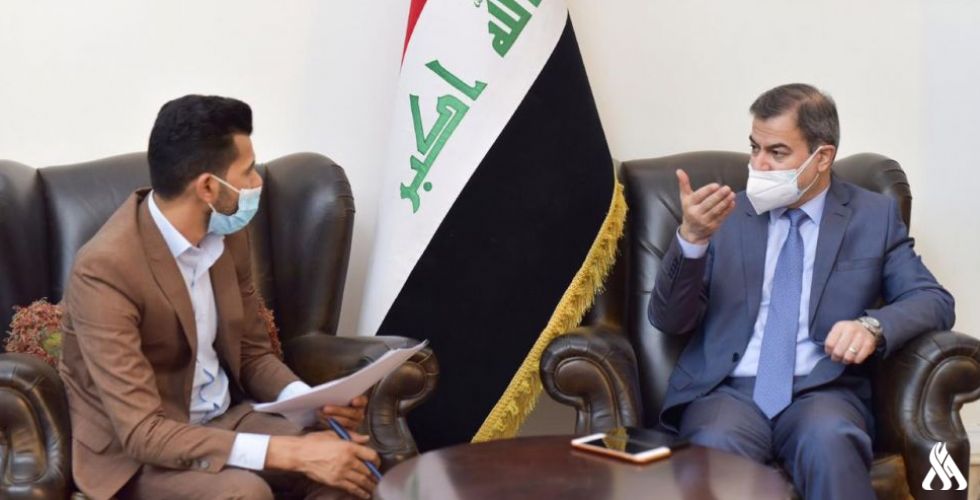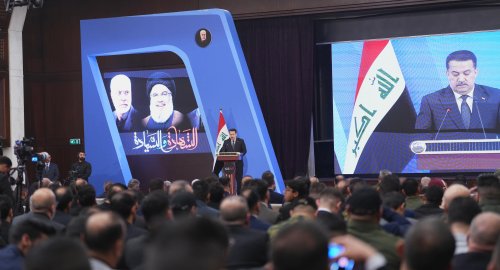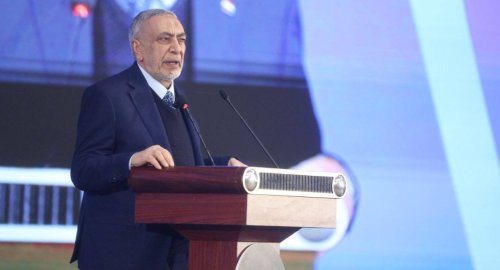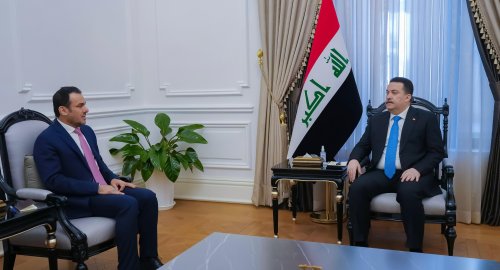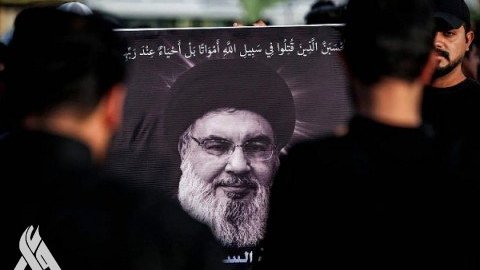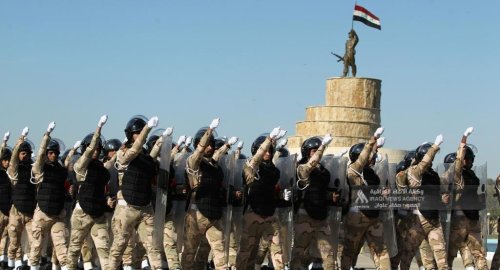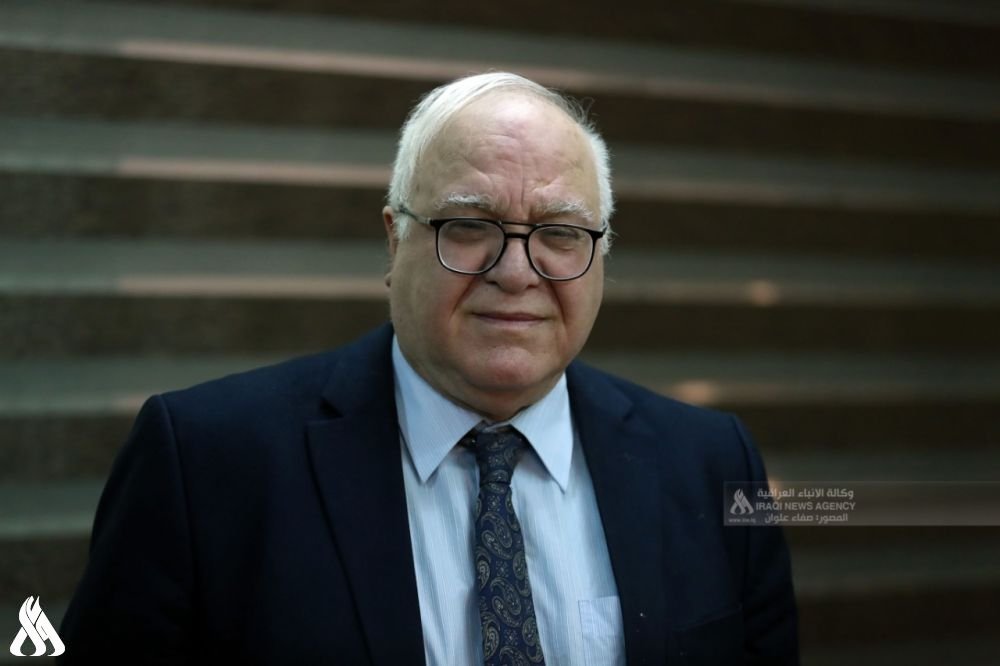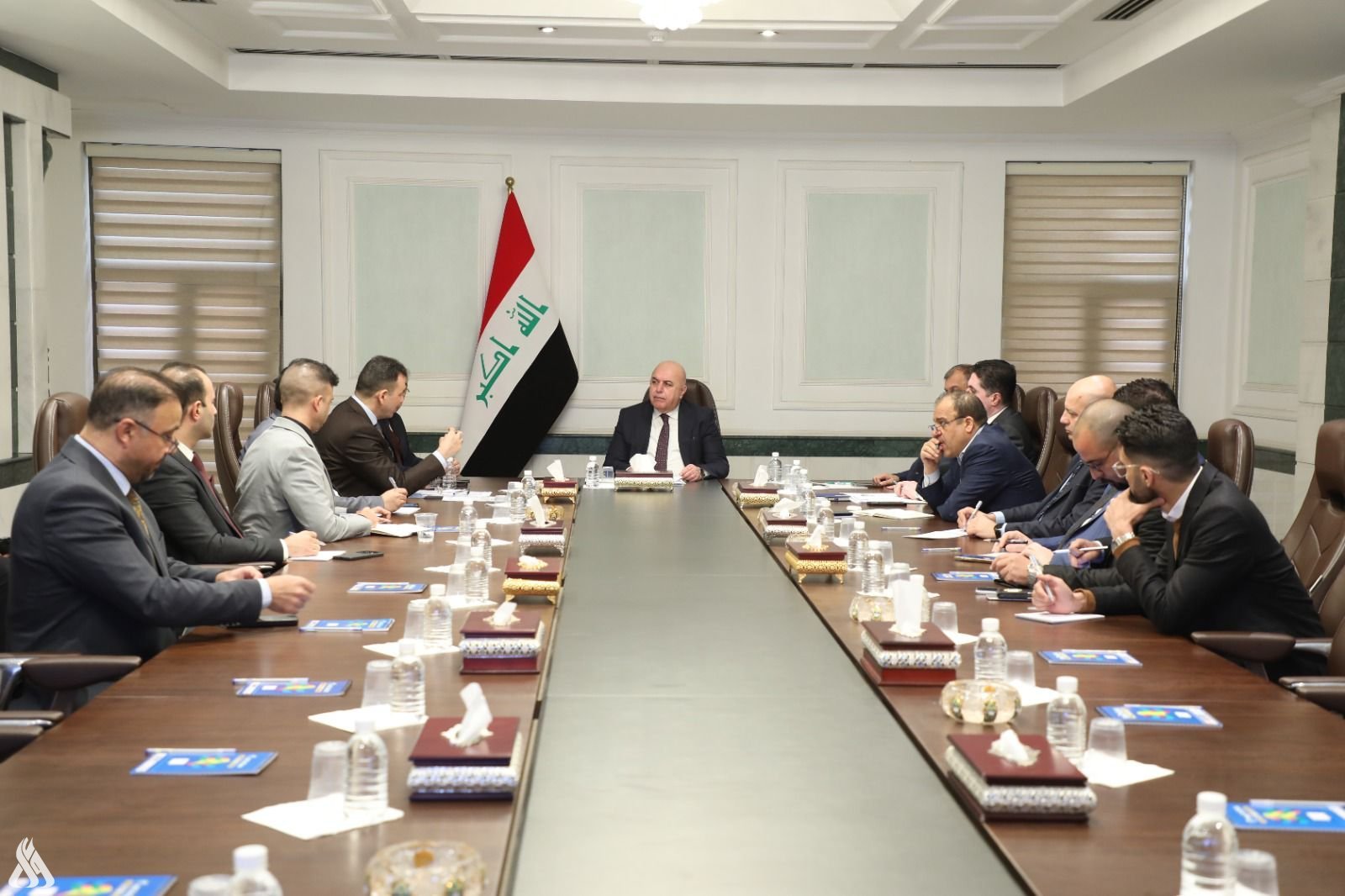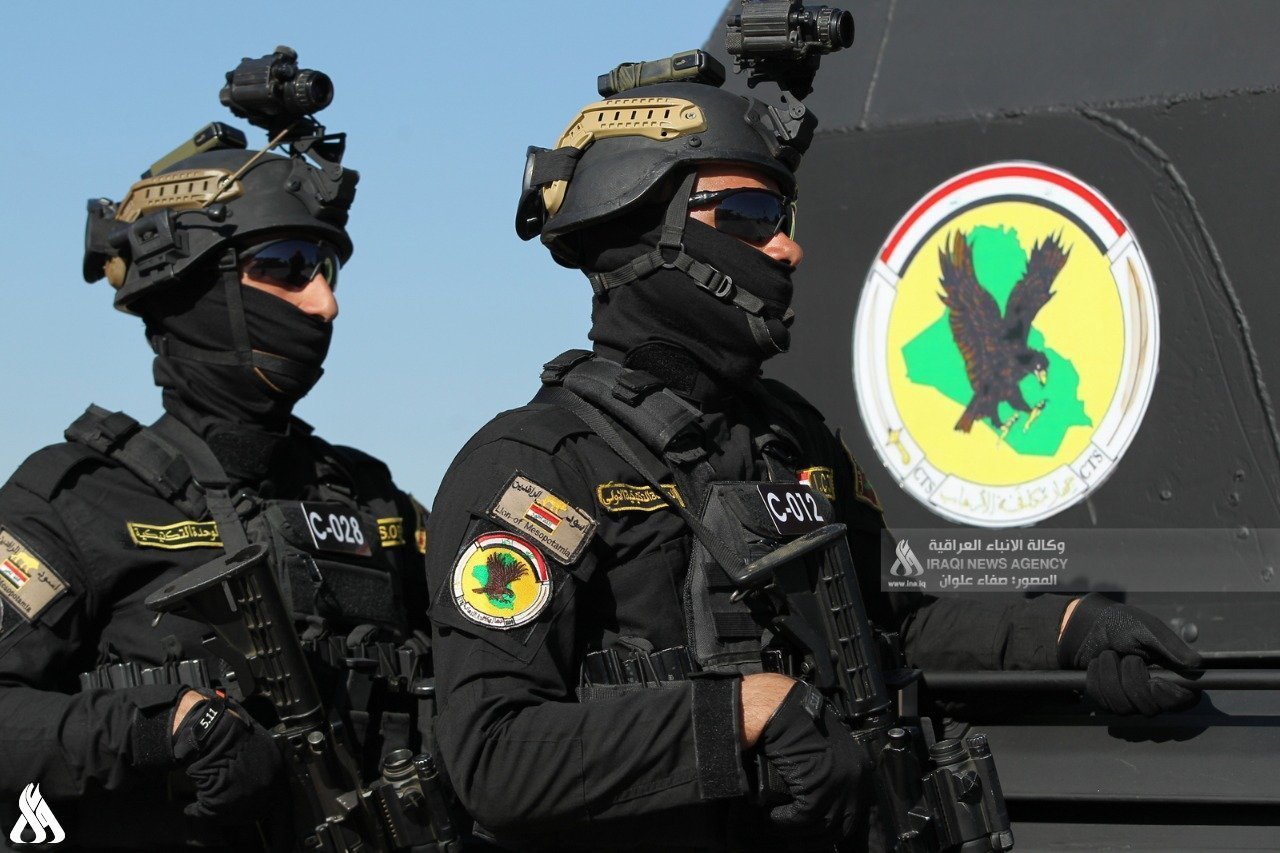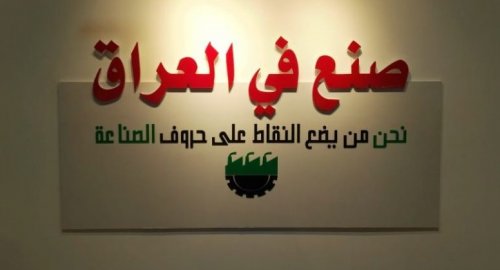
Proposals: Merging three ministries, turning "Made in Iraq" into global

- 13-09-2021, 20:05
INA – BAGHDAD
Iraqi Federation of Industries revealed on Monday, upon an international step to invest in Diwaniyah poultry project, while calling for merging three ministries, as well as explaining the details of Export Support Fund and the transformation of "Made in Iraq" into a global pretext.
"Ministry of Industry has not yet established a real map so that manufacturers or those in charge of industry can allocate industrial zones in Iraq," said the Deputy Head of the Iraqi Federation of Industries, Ali Al-Dakhili, to Iraqi News Agency (INA).
Al-Dakhili noted that, "the industrial map is divided in Iraq according to natural resources, as the establishment of petrochemical plants can only be in southern Iraq so that they are close to oil sources, which are a major and nutritious source for the establishment of these factories,”
"Iraq can be a good source, because the Iraqis have these brains that make them able to switch from importers to exporters. There is a need for government support to be provided via two points; land ownership for industrialists and the provision of loans," Al-Dakhili stressed.
He indicated that "the governments today have established a commercial relationship between the commercial attaches in all embassies with the manufacturers in their countries so that the commercial attaches in the countries' embassies distribute their resources, as each commercial attache in the country distributes the industry of a country after supporting its government," explaining that "Iraqis can become good sources for Iraq's possession of raw and available materials,"
"If the state worked on petrochemicals and sold oil output to the private sector and industrial factories at a subsidized price, this would save the dollar inside the country and not leave it," he went on explaining that "we own economic nerve. We have water and oil and its outputs as well as natural materials that can be used,"
The Deputy Head of the Iraqi Federation of Industries stressed the possibility of export and competition, and “the best example of this is that our production today operates in Europe," noting that "the industry in Iraq can be transformed within 4 years into a global industry that attracts all countries of the world or invested through commercial attaches,"
"The Export Support Fund is considered a positive factor by the government, as this fund includes returning 15% of the value of the issued invoice to the industrialist, that is, if a list of $10,000 is sold to a country via an invoice, 15% of this invoice goes back to Source,"
He indicated that "the government's support for the agricultural sector and granting loans to the owners of poultry fields prompted a decrease in the prices of eggs and chickens, as this decline will continue, and the price of the egg layer will be three thousand dinars after five years," noting that "the government will not open the borders to the import eggs and chickens, and if this continues. Iraq will be a source of these two,"
"After Al-Diwaniyah poultry fields became influential in the market, Saudi Almarai Company negotiated to buy 50% of the poultry fields, and this is a great achievement," he pointed out.
Al-Dakhili said that "a Russian company will invest the glass factory in Anbar with a contract worth 282 million dollars, which will be restructured. This company will be one of the largest glass production factories in the Middle East. In two years of rehabilitating the factory, Iraq will export glass. This could create an industrial environment,"
He stressed the necessity of "merging the ministries of industry, commerce and agriculture into one ministry so that work would be a qualitative leap that grants licenses, follow-up, production control, support industry, develop the private sector, laboratories, research and studies, providing expertise to the private sector, and looking into following up developing industrial matters as well as supporting them in protecting a product. This will provide job opportunities for many of the unemployed and run factories,"
"Iraq today is a consumer, and there is no seriousness in producing industrial twinning. If there is no government program for this issue, there will be no strong industry," he noted.
He also explained that, "the rise of dollar had a positive impact on some sectors of private industries and negatively on other industrial sectors. The dollar affected chemicals and other sectors that import raw materials,"
"The rise of the dollar should have been preceded by a step, which is the operation of petrochemical plants and the provision of primary resources in dinars," noting that "the rise of the dollar significantly affected the Iraqi industry," included Al-Dakhili.
Prime Minister: The religious authority's fatwa saved Iraq
- politics
- 06:53
Hezbollah: The funeral of Nasrallah will be in the southern suburb after 60 days
- International
- 04:42
CBI: We have achieved a great achievement in abroad remittance
- Economy
- 25/01/01
Oman wins over Saudi Arabia to reach Gulf Cup 26 final
- Sport
- 24/12/31

